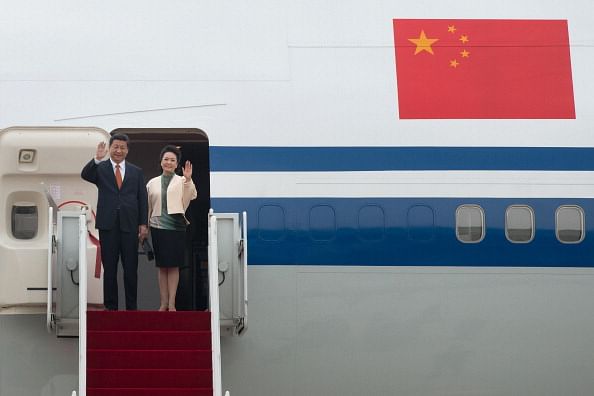SKorea, China set for North talks
SKorea, China set for North talks

Chinese President Xi Jinping has arrived in South Korea for a two-day visit set to focus on North Korea.
It is the first time a Chinese leader has visited Seoul before Pyongyang, and comes amid cooler China-North Korea ties.
China is traditionally seen as North Korea's biggest trading ally and the nation most able to wield influence over Pyongyang.
But Beijing has appeared increasingly frustrated with its neighbour.
Last year, North Korea carried out its third nuclear test and there are reports that it could be planning a fourth.
Xi's visit also comes a day after North Korea fired short-range rockets into the sea, the latest in a series of recent missile tests.
The Chinese president is said to enjoy a friendly relationship with South Korean President Park Geun-hye, with whom he will hold talks.
Ahead of the visit, Chinese Foreign Ministry spokesman Qin Gang said that pushing for the denuclearisation of the Korean peninsula remained Chinese policy.
Xi and Park would "fully exchange views" on the nuclear issue and the stalled six-party talks aimed at persuading North Korea to abandon its nuclear ambitions, he said.
But a key issue for China is to maintain stability in North Korea. It fears that regime collapse could propel a flood of refugees across its border and also lead to a unified Korea allied to the US.
So the changes of a major shift by either side are slim, reports the BBC's Lucy Williamson in Seoul.
Both leaders are also expected to discuss growing economic ties, as China and South Korea work towards a free-trade agreement.